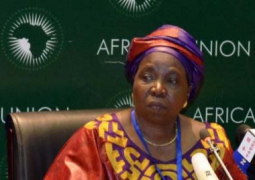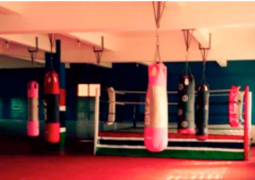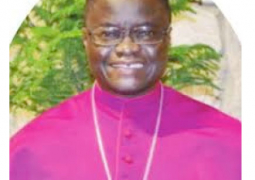
Chairman Kabral was speaking to participants of International Institute for Journalism (IIJ) of GIZ, Germany’s summer academy, during a visit to his commission.
The two-week training on “Freedom and Responsibility in the Media” attracted journalists from ECOWAS member states to examine the interdependence between quality and ethics in journalism. It also seeks to empower journalists to make ethical decisions even under difficult circumstances.
The aim of the meeting also looks at directing the attention to one of the key ethical challenges: the past as a major factor influencing the political climate and agenda of the presence.
After serving as ambassador to Sierra-Leone for four years among other services, Mr Kabral noted that he came back to Ghana in 2009 and was elected chairman of the commission.
He revealed that the commission comprises 18 members, which had representatives from the government, the bar association, journalist associations and others.
Mr Kabral, who spent 25 years in the field of journalism, flashed back on the history of the media setup in Ghana, noting that he was the first general secretary of the Ghana journalist association.
He underscored the importance of history, saying the press started in Ghana about 1821 while revealing that the first government was a socialist and thus felt that government should control everything.
“For a greater part of history, state-owned media was dominant,” said chairman Kabral
According to him, prior to 1992 when Ghana started multi-party democracy including free press, all the previous regimes were not very friendly to the press hence brought newspaper licence law making it difficult for media operation.
He recalled that there was a culture of silence for media operating during those years, as well as arrest and detention of journalists, appointment and sacking of MDs, editors among others by the government.
But Mr Kabral said that in 1992, they returned to multi-party democracy.“One of the key pillars of democracy is a free press. There is no democracy without free press even if you have an election,” he said.
Ghana today, he notes, one only needs a certificate to operate newspaper.
“Ghana has 250 authorised radio FM stations, 15 private TV stations and about 1,500 registered newspapers.”
Article 19 of the UN convention guarantees every citizen the right to freedom of expression, he says.
However, he emphasized that it is the constitution that guarantees the freedom but has created another body that guarantees that freedom.
His says: “Ghanaian government cannot close a newspaper in the country.”
The Chairman of the Media Commission noted the tremendous success registered by the Commission such as maintaining the free press as well as promoting Ghana’s image and reputation as a free society.
Notwithstanding, he highlighted some challenges that the Commission is faced with including financial constraints.
Mr Kabral adduced that to follow standard they have to monitor and supervise, adding that they are also working on legislative reforms.
“It is not in the interest of journalists to be punished for what they do,” said the Commission chairman, urging visiting journalists to self-regulate themselves and be responsible.





